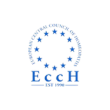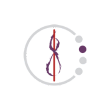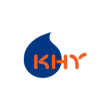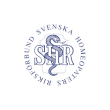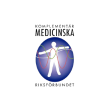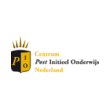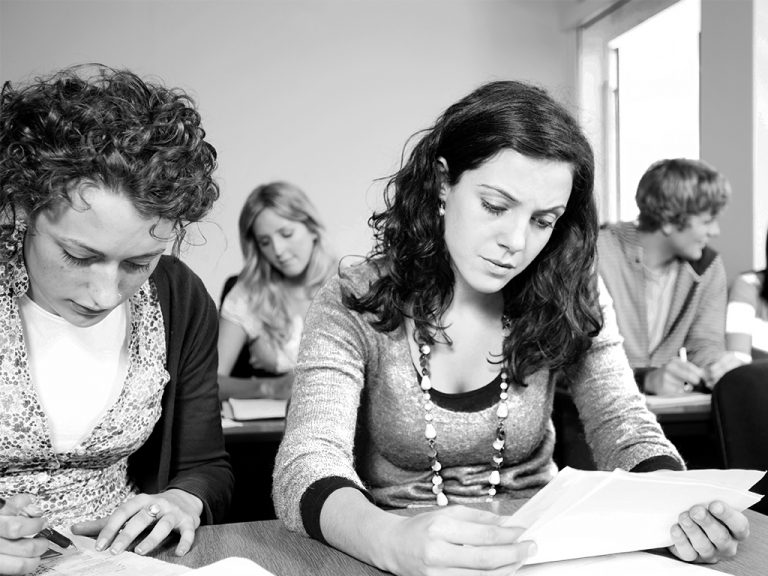
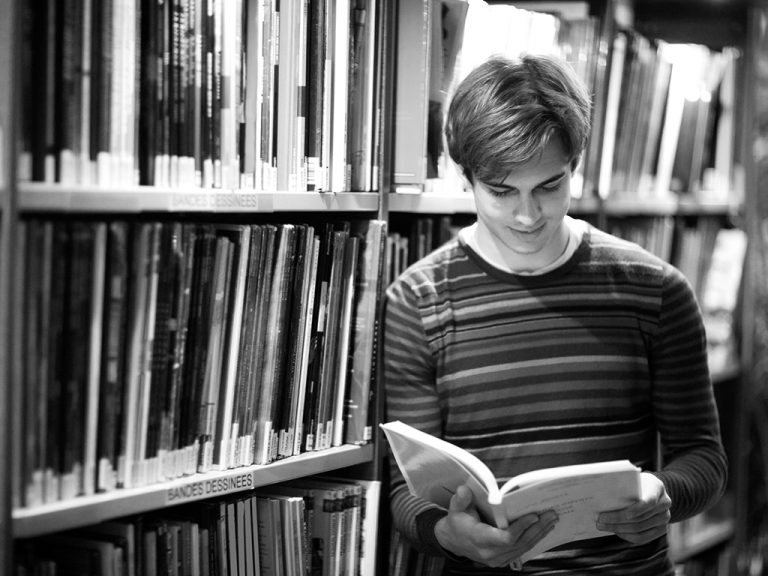

Program year 1
Basics of homeopathic theory and practice:
- Anamnesis
- Basic analysis
- Repertory: developments, history and use of repertory
- Differential diagnosis
- Materia medica: types, historical development, how to study
- Organon
- Proving
- Remedies: preparation and nomenclature
- History of homeopathy
Program year 2
Advanced homeopathic theory and practice:
- Advanced analysis: 5 strategies, several techniques
- Prognosis
- Choice of potency
- Levels of health
- Reaction patterns
- Acute diseases during treatment
- Law of Hering
- Hierarchy of pathology
- Video cases
Program year 3
Preparation for clinic:
- Modern developments in homeopathy
- How to run a clinic
- How to use Radar software
- Miasms / hereditary predisposition
- Obstacles during treatment
During the whole course, the materia medica of about 250 remedies will be discussed.
Twice a year there will be a weekend (Friday until Sunday) when lectures are given. As preparation, students are required to study the e-learning modules at home. In between classes, there is a possibility to attend question and answer sessions. These will be in the form of video conferences.
The course consists mostly of the following elements:.
Classes
Students convene in a central location where a teacher will teach classes; most of it is hands-on. Usually, these classes take place 3 days in a row (Friday until Sunday) every semester. They last about 6 hours each day (excluding breaks in between sessions). The topics that will be discussed and the necessary preparation will be made available in advance.

E-learning
Modules are provided and can be worked through on individual basis. Planning of these modules is flexible, provided the modules are finished before the classes start. These modules are intended as preparation for the start of class.

Q&A session
These sessions are similar to Skype sessions. Individual students can connect simultaneously to a teacher at a given time (about once every month) by using video conferencing technology. Topics are overall not defined but the purpose of these sessions is to provide the possibility to ask questions and to keep in contact with the students.

Supervisions
Supervision is intended as a way to learn how to apply the learned theory in an actual clinical setting, therefore this is an essential part of the curriculum because here the students learn how to apply the knowledge in practice with actual patients. Experienced and qualified supervisors will guide the students in this educational process. We are very strict in this part of the course because in the end, the whole development of the students depends on the quality of the supervision.

The study load is as follows:
- Complete international course (classes, Q&A sessions, e-learning, exams, self-study) excluding supervision: ± 10-15 hours per week
- Supervision: 8 consultations with on average 3 consultations.
Start of the course:
The next course in Sweden will start in May 2021.


